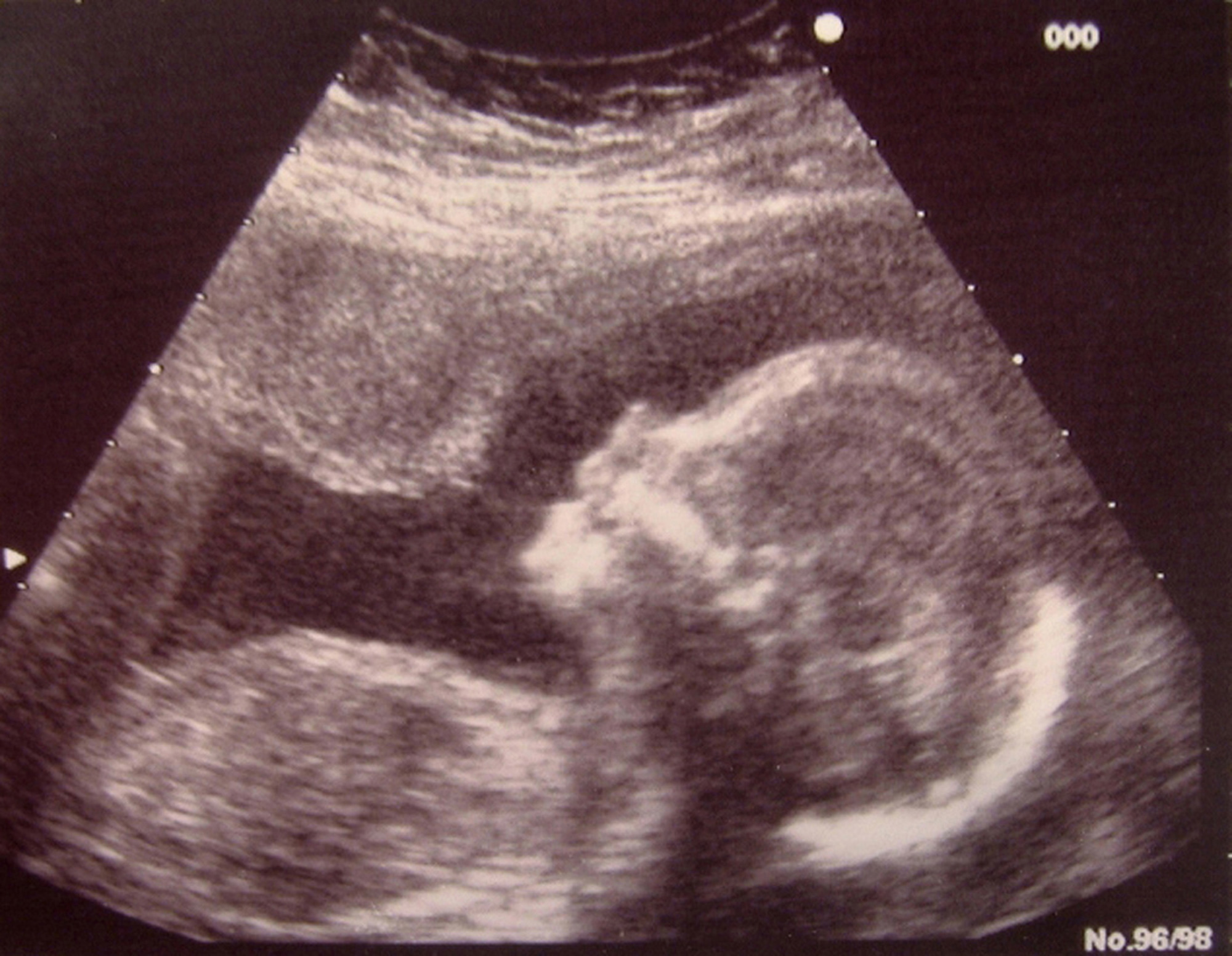
WASHINGTON (BP) – On the 48th anniversary of the Roe v. Wade abortion rights ruling today (Jan. 22), Southern Baptist ethicist Russell Moore is committed to advancing the sanctity of human life despite the pro-choice agenda of newly inaugurated President Joe Biden.
“In our advocacy before leaders in the federal government but also with state legislatures and within the judiciary, our aim is to protect previous gains in these areas and to persuade others to consider the dignity of human lives too often deemed invisible,” Moore, president of the Ethics & Religious Liberty Commission, said today. “That work marches ahead regardless of what leader or which party controls the levers of power.”
President Biden is expected to follow the direction of previous Democratic presidents and reverse the Mexico City Policy, which restricts U.S. aid to organizations promoting abortion overseas. Also in play is the domestic gag rule restricting the use of Title X funding for family planning that has worked to limit abortion referrals.
More than 61.6 million babies have been aborted in the U.S. since Roe v. Wade was enacted, National Right to Life said in an analysis based on statistics from the Guttmacher Institute and the Centers for Disease Control and Prevention. But abortions have declined since 1990, when Guttmacher estimated there were 1.6 million procedures, compared to about 862,000 in 2018.
“While the abortion rate is at the lowest it’s been since it was legalized in 1973, the number still remains excruciatingly high,” Moore said. “These are precious human lives denied both personhood and protection by an abortion culture. We must continue to appeal to consciences on their behalf.
“Our advocacy for the most vulnerable among us will continue next week with, among other initiatives, our annual Evangelicals for Life event which takes place each year at the same time the tragic Roe v. Wade decision was handed down.”
Anthony Fauci, director of the National Institute of Allergy and Infectious Diseases and Biden’s pick for chief medical adviser, told the World Health Organization (WHO) yesterday (Jan. 21) of Biden’s plans to rollback abortion restrictions within his purview.
“It will be our policy to support women’s and girls’ sexual and reproductive health and reproductive rights in the United States, as well as globally,” Fauci said at the WHO executive board meeting, The Hill reported. “To that end, President Biden will be revoking the Mexico City Policy in the coming days as part of his broader commitment to protect women’s health and advance gender equality at home and around the world.”
In 2019, Biden reversed his years of support of the Hyde Amendment that prohibits federally funded abortions except to save the life of the mother or in cases of rape or incest.
The U.S. Supreme Court now holds a conservative majority judged more likely to restrict abortion access as state regulations are challenged in court. Many states have embraced state-level abortion restrictions, as others have moved to protect abortion rights. In 2020 alone, states enacted 27 provisions restricting access to abortion rights, the Guttmacher Institute reported, while states enacted 90 provisions protecting or expanding access to abortions.
Focusing on abortion limitations at the state level has effectively limited access to abortion, leaving six states – Kentucky, Mississippi, Missouri, the Dakotas and West Virginia – with one clinic each statewide. In Missouri, abortions are practically nonexistent. The 452 abortion clinics that existed in the U.S. in 1996 had dropped to 272 by 2014, Guttmacher said.
Among states enacting new abortion restrictions in 2020, according to Guttmacher, were Mississippi, North Dakota, Idaho, Utah, Oklahoma, Indiana, Iowa, Florida and West Virginia. Restrictions included a ban on abortions for sex or race selection or genetic anomaly in Mississippi, additional counseling requirements in Indiana and Utah and provisions in Idaho and Utah banning abortion if Roe v. Wade is overturned.
















